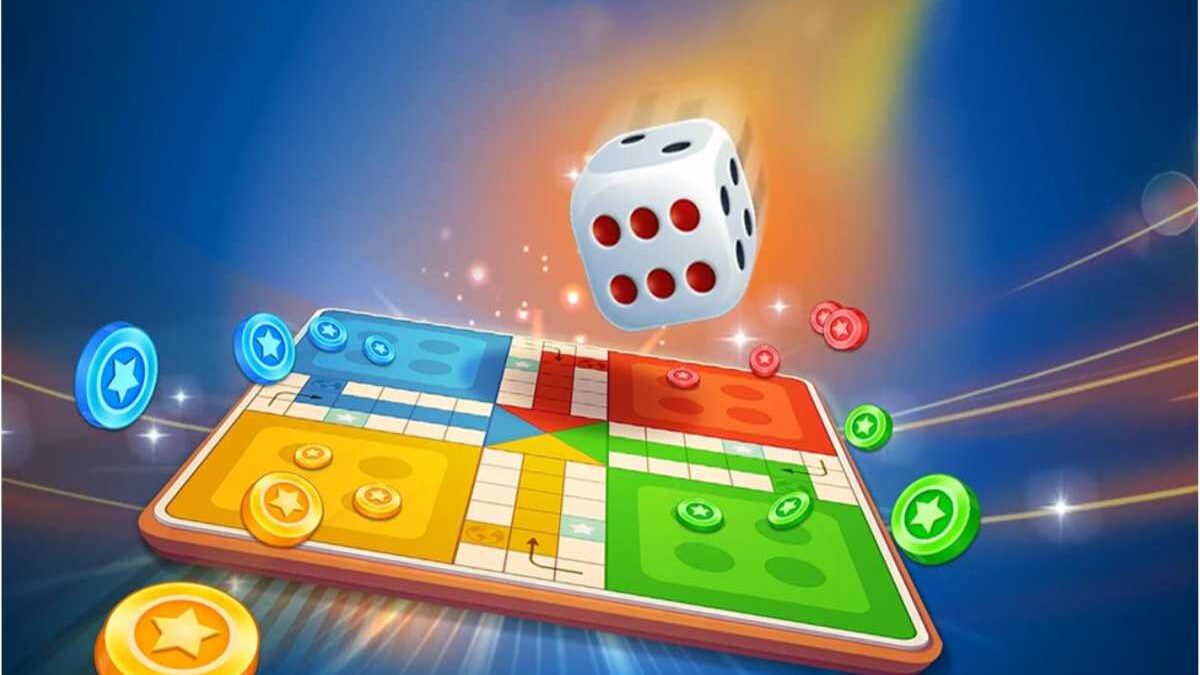You’ve seen it on phones, played it during power cuts, and probably fought over a dice roll or two with your cousin. Ludo isn’t just a game; it’s practically a family member in every Indian household. Whether it’s physical gotis on the board or the tap-and-roll online versions, the love for Ludo refuses to fade.
With more people turning to mobile gaming, Ludo has found its place in the world of real money games, too. Some apps even fall under the category of “paisa kamane wala apps” if you’ve got the skills and strategy. Yet, at its core, Ludo is still what it’s always been: a fun, easy way to bring everyone together for a good time.
Table of Contents
The Cultural Significance of Ludo in India
Ludo isn’t some trendy new game; it has been around for ages, deeply rooted in Indian history. Let’s take a quick look at its rich and fascinating journey.
● A Game for All Ages
When your grandfather can play like your six-year-old niece, that’s the charm. Just roll the dice, move your goti, and enjoy the game. The rules are basic, but the game is always unpredictable, which is precisely what makes it fun for everyone, regardless of age or tech level.
● Family Bonding through Ludo
If there’s one game that gets every generation to gather around, it’s Ludo. Whether it’s a lazy Sunday afternoon or a power cut on a humid night, bringing out the board has always meant guaranteed fun. From festive get-togethers to everyday family bonding, Ludo sparks laughter, friendly banter, and even the occasional serious showdown. And now that it’s online, even cousins in different cities can join in and recreate those classic moments, no matter the distance.
Why Ludo Continues to Be a Favourite?
Ludo isn’t just a game, it’s a shared memory across generations. Even in the age of high-end gaming, it continues to hold its ground. Let us go through some reasons why it has remained a timeless game.
Easy to Play and Understand
You don’t need a rulebook, nor do you need to be fluent in any language. Just one round watching others, and you’re in. The learning curve is practically flat, and this is why Ludo works across regions, generations, and even platforms, offline or online, board or mobile.
- No tutorials required
- Matches can last upto 5 minutes or 50
- Great for people who want something casual but competitive
Long History in India
This game isn’t some random modern invention. Ludo is adapted from Pachisi, which has roots going back centuries in India. The Mughal courts played it, our grandparents played it, and now it’s on mobile screens, still ticking. The kind of legacy it has is from pure, timeless gameplay.
You’ll find it on every kind of app now, from Ludo Empire and Ludo King to newer names like Zupee, Gamezy, and MPL. Whether you’re in it for fun or testing your skills on a tight timer, Ludo’s got something for you.
Conclusion
From local tournaments to mobile screens, and lively living rooms to quiet solo matches, Ludo has always been part of Indian households. It’s familiar, comforting, and somehow never loses its charm. And if you’re looking for a version that blends this timeless game with faster, skill-based formats, real money games on platforms like Zupee are worth checking out. So next time someone’s up for a quick, fun game, just roll the dice and dive in.

